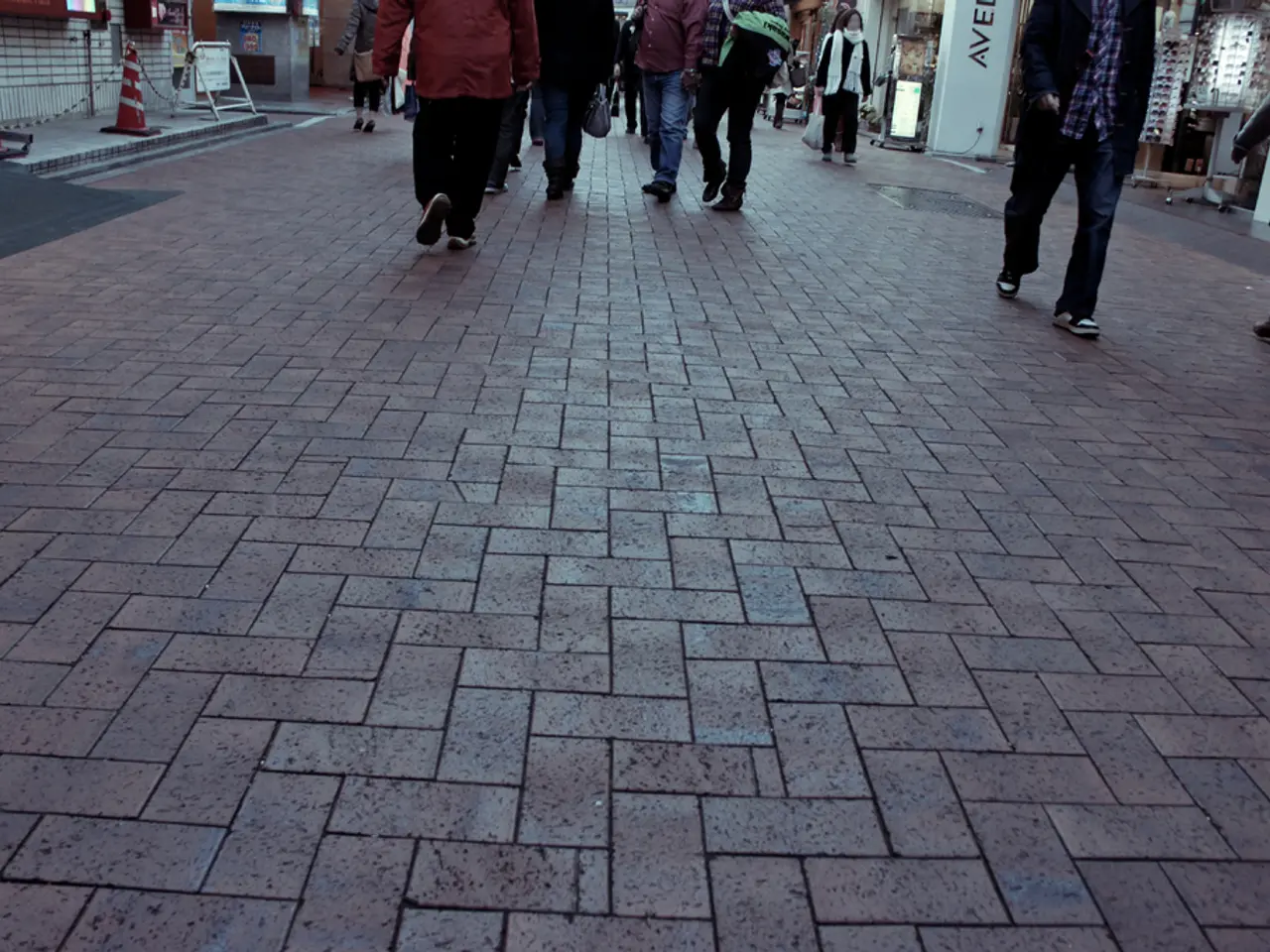Tile Trackers Face Privacy Concerns: Experts Advise Updates, Avoid Anti-Theft Mode
Tile, a popular Bluetooth tracker, faces criticism over privacy concerns. Experts advise keeping firmware and app versions up-to-date and avoiding Anti-Theft Mode. Competitors like Apple's AirTag and Samsung's SmartTag offer stronger privacy protections.
Tile trackers broadcast unencrypted IDs and a static Bluetooth MAC address, making them traceable. This allows potential stalkers to track users' movements in real-time. Enabling Tile's Anti-Theft Mode makes tags invisible to the Scan & Secure feature, aiding potential malicious actors.
Researchers discovered that Tile's infrastructure could theoretically be used to map user behavior, raising concerns about data control. In response, Tile improved data encryption and privacy measures. However, partial protections remain inconsistent and less secure compared to competitors.
Experts warn that attackers can record and replay Tile signals to spoof a person's location and potentially frame them. Tile's Anti-Theft Mode also removes safety checks, enabling abusers to plant devices undetected. Users must share personal information and agree to potential data sharing with law enforcement when using this mode.
Tile's privacy concerns highlight the need for stronger protections. Users should consider alternatives like Apple's AirTag and Samsung's SmartTag, which rotate identifiers and encrypt transmissions. Keeping Tile firmware and app versions up-to-date can help mitigate risks, but avoiding Anti-Theft Mode is crucial for maintaining privacy.
Read also:
- InformationWarfare in the Modern Era: Enhancing an Information Strategy for today's Battlefield and Botnet Threats
- Ukraine's Drone Revolution: Rapid Evolution and Countermeasures
- EU's Energy Infrastructure Under Siege: Cyber Attacks Surge 67% in 2025
- Vito Schnabel's Art & Real Estate Fortune Tops €10.4M






